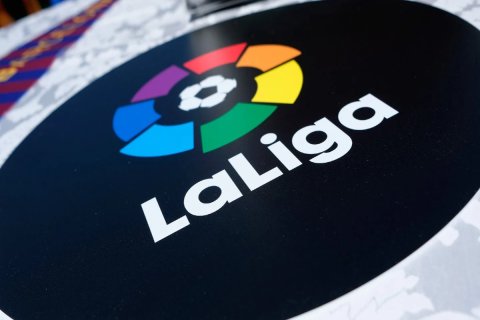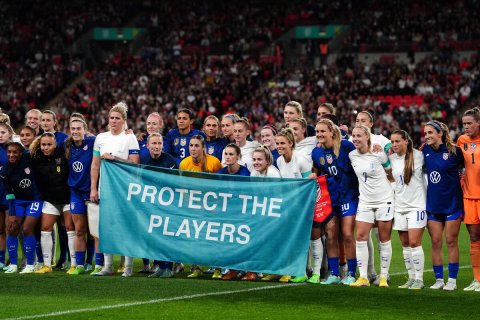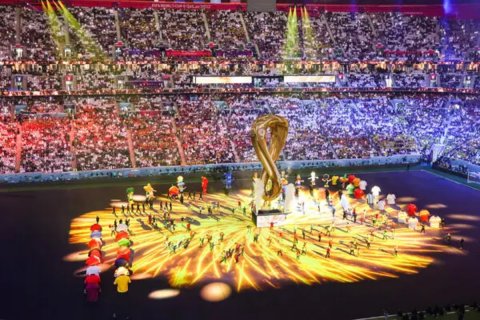Spain is not just a country that loves soccer; it is a nation that breathes, lives, and thrives on the sport. From the narrow streets of Barcelona to the grand Santiago Bernabéu stadium, football is a way of life, deeply intertwined with Spanish culture, history, and identity.
A Rich Historical Legacy
The roots of soccer in Spain date back to the late 19th century, introduced by British workers and students. However, it did not take long for Spaniards to embrace the game and make it their own. The foundation of clubs like FC Barcelona (1899) and Real Madrid (1902) marked the beginning of a football revolution. The creation of La Liga in 1929 further cemented Spain's commitment to the sport, providing a competitive platform that would later become one of the most prestigious leagues in the world.
La Liga: A Symbol of Excellence
The Spanish La Liga is regarded as one of the finest football competitions globally. With legendary clubs like Real Madrid, Barcelona, and Atlético Madrid, the league showcases some of the world's best talents. Players like Lionel Messi, Cristiano Ronaldo, Xavi, and Iniesta have left an indelible mark, making La Liga a must-watch for football enthusiasts worldwide. The league's competitive nature, tactical brilliance, and technical superiority make it a benchmark for soccer excellence.
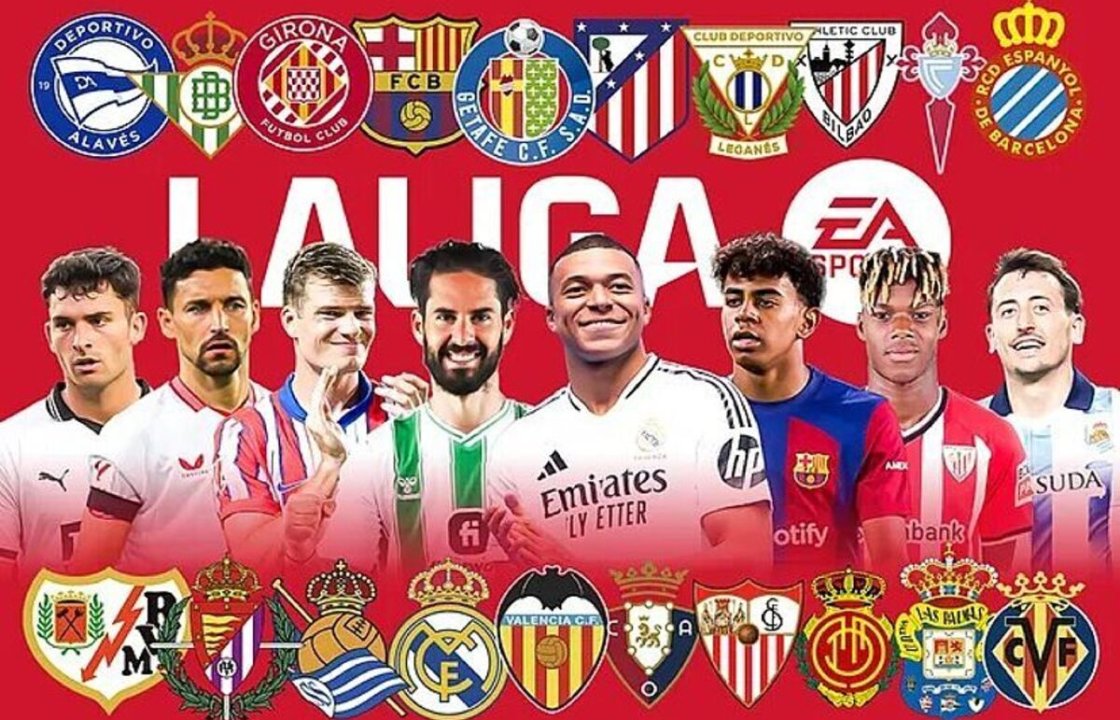
International Dominance: The Golden Era
Spain's national team has had its ups and downs, but the golden era (2008-2012) redefined the country's footballing legacy. Under the leadership of Vicente del Bosque, Spain won the 2008 UEFA Euro Championship, the 2010 FIFA World Cup, and the 2012 UEFA Euro Championship. The team’s style, known as "tiki-taka," revolutionized modern football, emphasizing quick, short passes, movement, and supreme ball control. This dominance put Spain at the pinnacle of world football and inspired a generation of players and fans alike.
The Cultural Impact of Soccer in Spain
Soccer in Spain is more than just a sport; it is a cultural phenomenon. The El Clásico between Real Madrid and Barcelona is not just a football match; it is a clash of ideologies, histories, and regional identities. The intense rivalry symbolizes the deep-rooted political and cultural divisions within Spain. Beyond the big clubs, soccer is ingrained in daily life. Children play in the streets, families gather to watch matches, and workplaces buzz with discussions about the latest games.
A Pathway for Young Talents
Spain has one of the best football academies in the world. Institutions like La Masia (Barcelona’s academy) and Real Madrid’s youth setup have produced some of the greatest players in history. The Spanish youth development system focuses on technical skills, intelligence, and teamwork, ensuring that young talents evolve into world-class professionals. Many aspiring footballers dream of making it into these academies, seeing soccer as a gateway to success.
Economic and Social Contributions
Soccer is not just entertainment; it is a major economic driver in Spain. The industry contributes billions to the economy through ticket sales, sponsorships, merchandise, and tourism. Major football matches bring in thousands of tourists, boosting local businesses. Moreover, soccer plays a significant social role, bringing together people from all walks of life. In a country with strong regional identities, football serves as a unifying force, offering a shared passion that transcends differences.
Women’s Soccer: A Rising Power
While men’s football has historically dominated, women’s soccer in Spain is experiencing an unprecedented rise. The success of clubs like FC Barcelona Femení and the Spanish Women’s National Team winning the 2023 FIFA Women's World Cup have propelled the growth of the women’s game. More young girls are now inspired to pursue soccer professionally, and increased investment in the sport is leading to higher visibility and better opportunities.
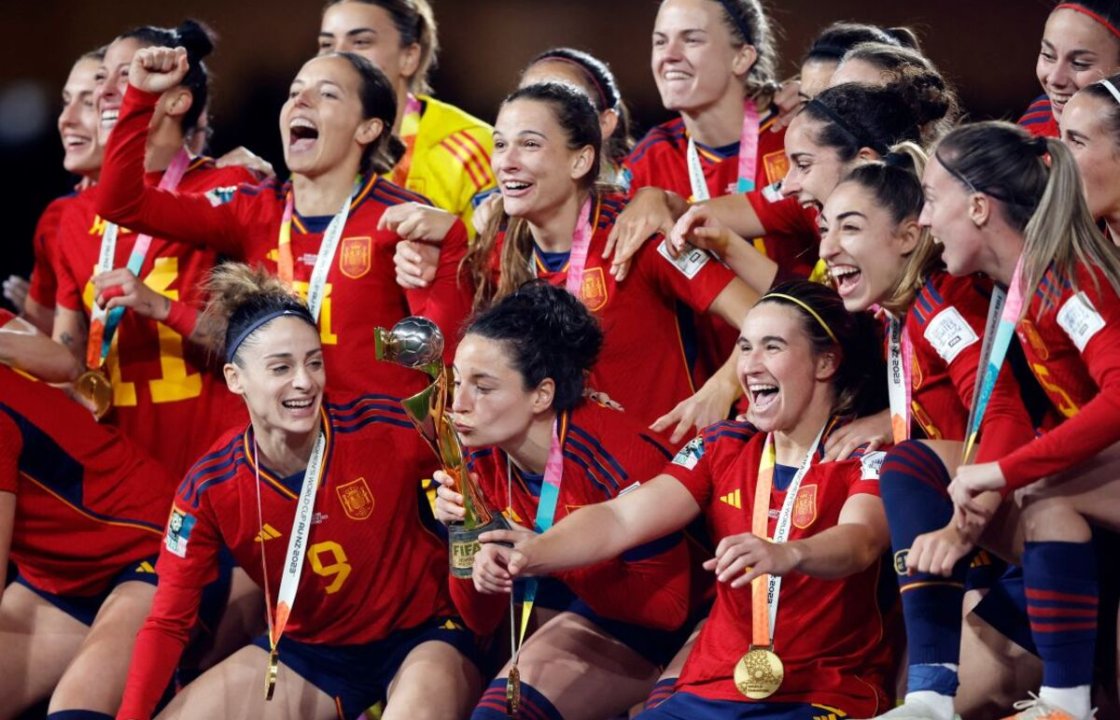
The Future of Soccer in Spain
With a strong foundation and an unwavering passion for the sport, Spain’s footballing future looks bright. Clubs continue to innovate, investing in youth development and cutting-edge training methods. The rise of technology in football, including VAR, analytics, and performance tracking, is ensuring that Spanish football remains at the forefront of the game. As the sport evolves, one thing remains unchanged: soccer will always be at the core of Spanish identity.
A Nation United by the Beautiful Game
For Spain, soccer is more than a sport—it is an emotion, a culture, and a way of life. Whether it’s the roar of the crowd in a packed stadium or the passion of a small-town derby, football is everywhere. It unites generations, fuels dreams, and continues to define the nation’s spirit. Spain without soccer is unimaginable, and as history has shown, the country will continue to shine on the world’s biggest footballing stages for years to come.
Spanish Soccer Culture & SIA Academy's Mission
At SIA Academy, the passion for soccer is just as ingrained as it is in the streets of Spain. With a focus on developing young talent, the academy channels the rich Spanish soccer culture into its training philosophy. Drawing inspiration from Spain's success in nurturing players like Xavi, Iniesta, and Messi, SIA Academy mirrors the country's emphasis on technical mastery, strategic thinking, and teamwork. By fostering an environment where players can thrive both mentally and physically, SIA Academy prepares the next generation to step into the global spotlight, much like Spain’s world-renowned players. The academy integrates advanced training methodologies, closely resembling Spain's youth development programs, to ensure players grow not only as athletes but also as individuals committed to the beautiful game.

